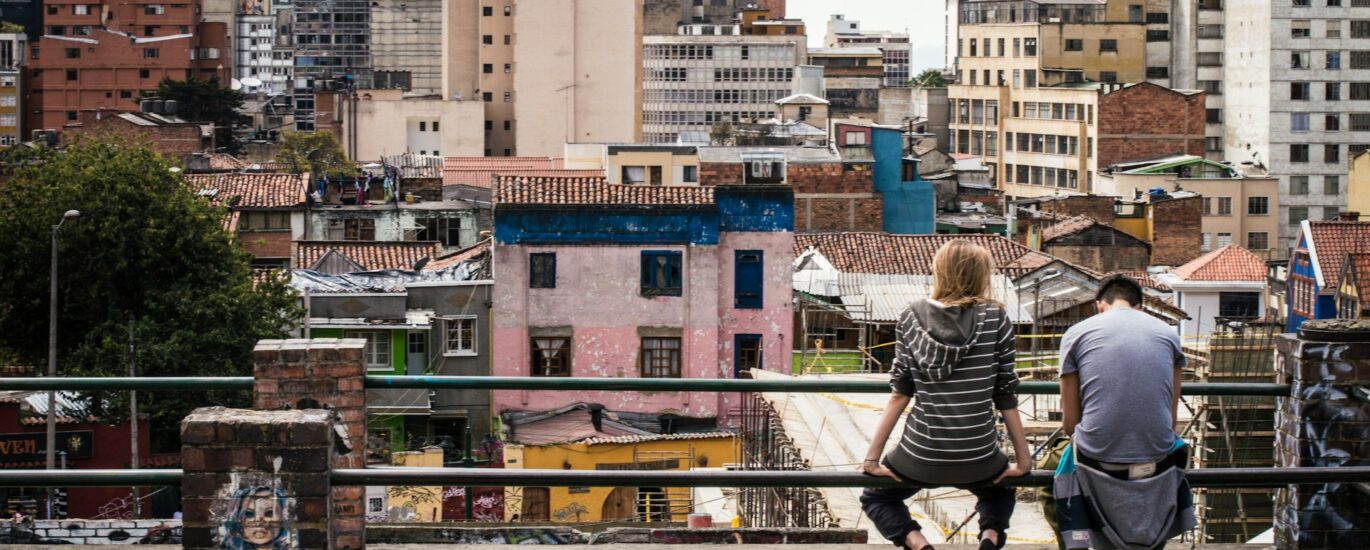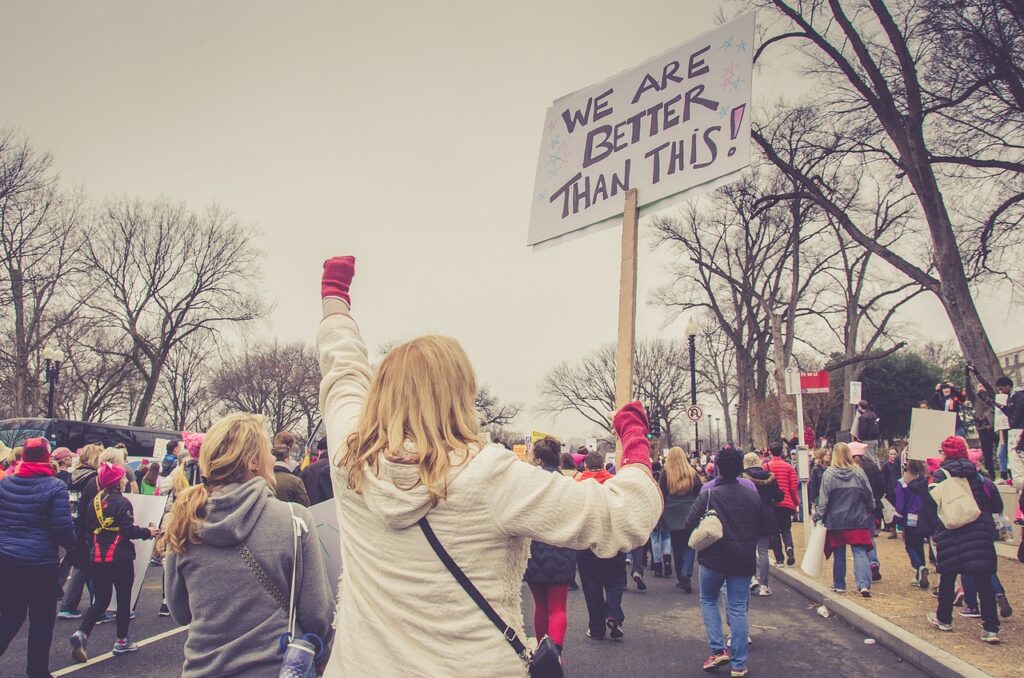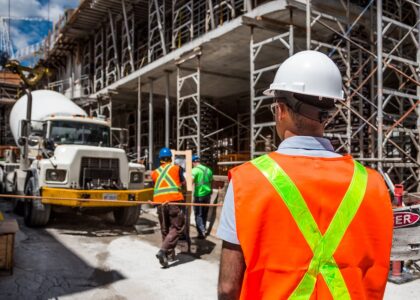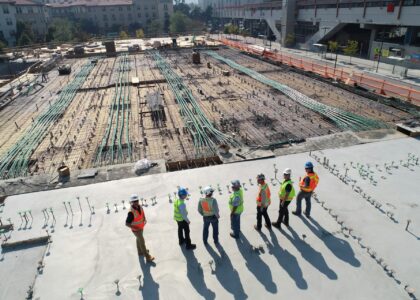Safe housing plays a crucial role in the cycle of poverty. When individuals lack stable housing, it hinders their ability to secure employment, get proper rest, and maintain their health. This blog explores how unstable housing perpetuates poverty and what can be done to address this issue.

How Unstable Housing Perpetuates Poverty
Unstable housing is a significant factor in the cycle of poverty. Without a stable place to live, individuals often face numerous challenges that make it difficult to break free from poverty. Here are some of the key ways unstable housing affects people:
- Impedes Employment: Lack of a permanent address can make it challenging to find and keep a job. Employers often require a stable address for contact and employment verification purposes.
- Affects Health: Exposure to the elements can lead to illnesses, which can prevent individuals from working and lead to costly medical bills. Poor living conditions, such as overcrowding and lack of sanitation, also contribute to health problems.
- Disrupts Education: For families, unstable housing can disrupt children’s education. Frequent moves can result in school absences and affect academic performance, further perpetuating the cycle of poverty.
- Impacts on Mental Health: Constantly worrying about where to sleep or if you’ll be safe can lead to stress, anxiety, and other mental health issues. This, in turn, affects overall well-being and the ability to work or study effectively.

The Supreme Court Ruling and Its Impact
Recently, the American Supreme Court made a ruling allowing cities to ban homeless people from sleeping on public property. This decision has sparked controversy, as many believe it criminalizes homelessness rather than addressing its root causes. The ruling can be seen as a setback in efforts to provide safe housing and support to the homeless population.
The court’s ruling highlights a significant aspect of the cycle of poverty. By criminalizing homelessness, it adds another layer of difficulty for those already struggling. Individuals without stable housing often end up with criminal records, making it even harder to secure employment and housing in the future. The ruling essentially pushes the problem out of sight without offering any real solutions, further entrenching the cycle of poverty. For more details on this ruling, you can read the full article on NPR here.
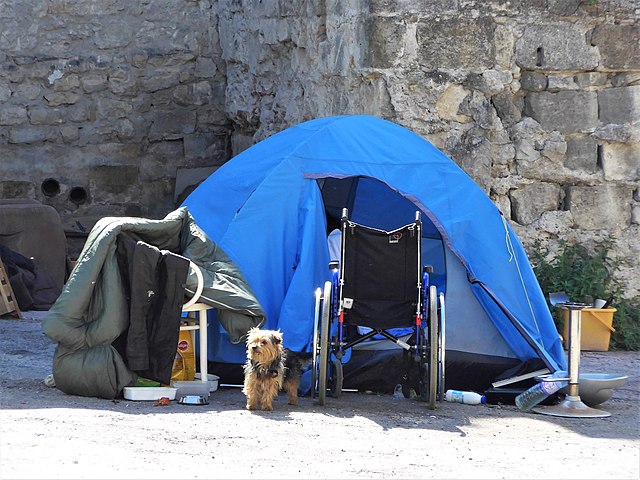
The Health Impact of Unstable Housing
Unstable housing has profound health implications. Living on the streets or in inadequate housing exposes individuals to extreme weather conditions, which can lead to hypothermia in the winter and heatstroke in the summer. Lack of access to clean water and sanitation facilities can result in the spread of infectious diseases. Moreover, overcrowded living conditions can facilitate the transmission of respiratory infections, including tuberculosis and COVID-19.
Mental health is another critical area impacted by unstable housing. The constant stress and uncertainty about one’s living situation can exacerbate mental health conditions such as anxiety, depression, and PTSD. Without stable housing, individuals often lack access to mental health services and support systems, leading to a vicious cycle where mental health issues further hinder the ability to secure stable housing and employment.
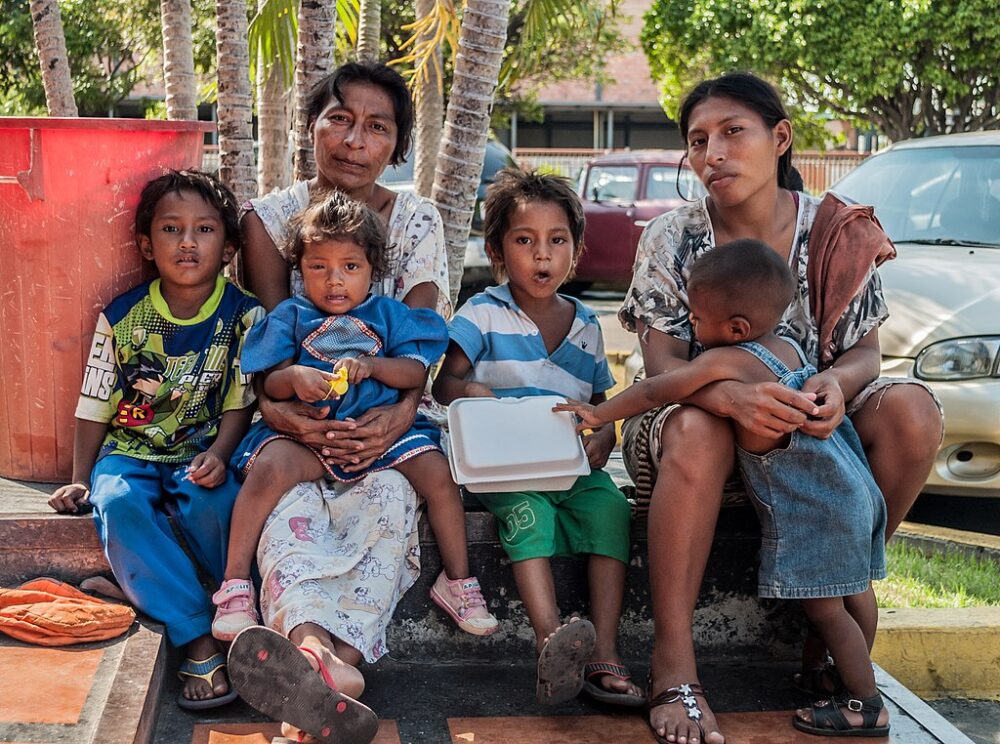
Education and Unstable Housing
For families, unstable housing can have a particularly detrimental impact on children’s education. Frequent moves and lack of a stable home environment disrupt the continuity of education, leading to lower academic achievement and higher dropout rates. Children experiencing homelessness or housing instability are more likely to miss school, lack access to educational resources, and suffer from emotional and behavioral problems. This educational disruption affects not only their immediate academic performance but also their long-term prospects, perpetuating the cycle of poverty into the next generation.
Addressing Housing Affordability
To break the cycle of poverty, addressing housing affordability is essential. Housing affordability refers to the financial capability of individuals and families to afford housing without sacrificing other basic needs. When housing costs consume a significant portion of income, families are forced to cut back on essentials like food, healthcare, and education, further perpetuating the cycle of poverty.
Increasing the availability of affordable housing is a critical step. This can be achieved through government policies that promote the construction of affordable housing units, provide rental assistance, and implement rent control measures to prevent excessive rent increases. Additionally, nonprofit organizations and community initiatives can play a vital role in developing affordable housing projects and providing support services to low-income families.
Solutions to Break the Cycle of Poverty
To address the cycle of poverty, it’s essential to focus on providing housing affordability and stable living conditions. Here are some steps that can help break the cycle of poverty:
- Increase Affordable Housing: Investing in affordable housing projects can provide low-income families with stable homes, reducing the risk of homelessness and the associated challenges.
- Supportive Services: Providing access to mental health services, job training, and education can help individuals become self-sufficient and break free from poverty.
- Policy Changes: Advocating for policies that protect tenants’ rights and ensure fair housing practices is crucial. This includes enforcing anti-discrimination laws and providing legal assistance to those facing eviction.
- Community Support: Engaging the community in supporting affordable housing initiatives and providing resources for the unhoused can create a more inclusive and supportive environment. Community centers, local businesses, and volunteers can offer various forms of assistance, from temporary shelters to job training programs.
For more information on how you can help the unhoused, visit our What Can I Do To Help the Unhoused? article. Additionally, understanding the root causes of homelessness can shed light on effective solutions. Read more in our What Causes Homelessness? The Hard Truths Behind It post.
Safe Homes Movement - Paving the Way for Housing Solutions
Unstable housing is a critical factor in perpetuating the cycle of poverty. By understanding its impacts and advocating for housing affordability, we can work towards breaking this cycle and providing a better future for those affected.
For more information on how we can pave the way for housing solutions, download our brochures here.


